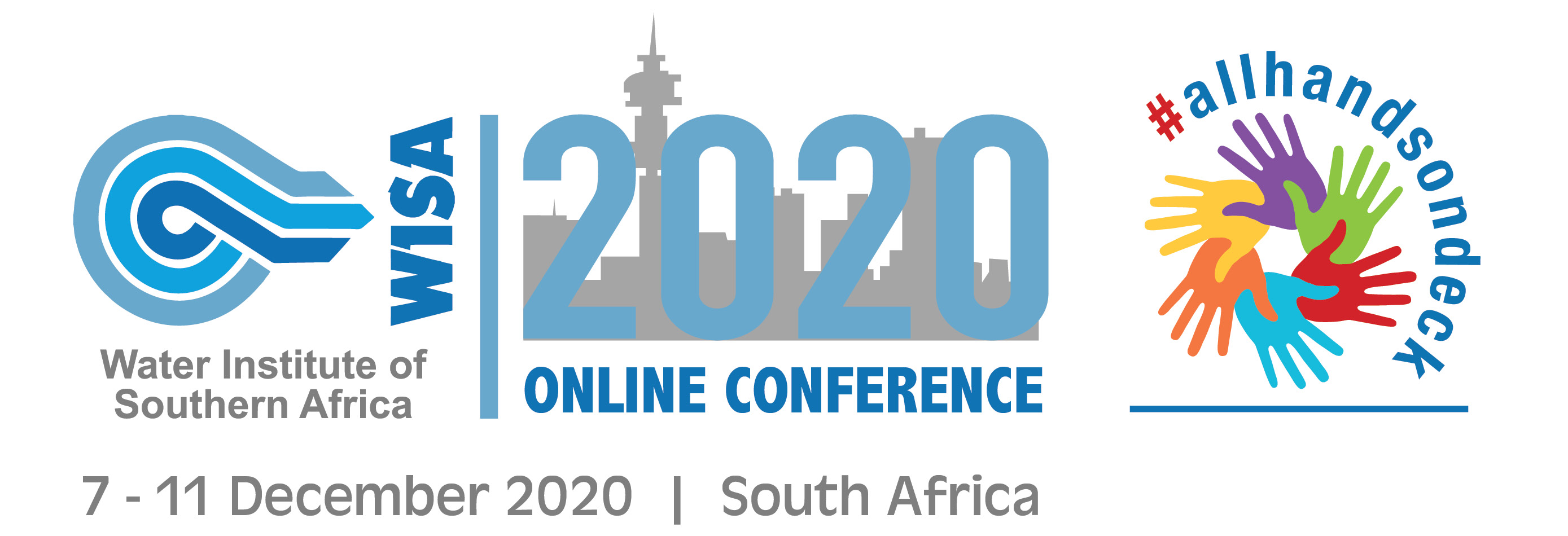Water Law
In South Africa, 17 million people govern their lands and related natural resources according to the customary arrangements in former homelands. About two thirds or 2.2 billion hectares of all cultivated land in sub-Saharan Africa is thought to be under customary tenure (Wily, 2011:468). Many invest in own water infrastructure as back-up source when public water services are intermittent or absent, but also to improve service levels and to use water productively. In Limpopo Province’s former homelands, for example, remote sensing found at least 70,000 ha of informal irrigation. Population growth, the availability of affordable water technologies and energy and markets drive these investments. Community members’ initiatives to invest in infrastructure to improve their wellbeing are found to be widely supported, also by tribal authorities. When competition to access shared water resources arises, conflicts can be escalated to tribal authorities for mediation.
Across sub-Saharan Africa, even larger proportions of citizens govern their customary lands and related natural resources. Constitutions and other legislation often recognize customary land tenure and may define ‘land’ as including appurtenant water and other natural resources, provided compliance with women’s and men’s constitutional rights.
